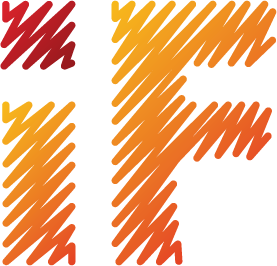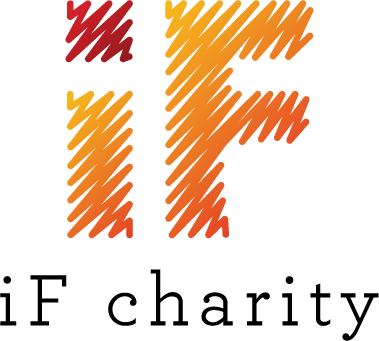
August 17, 2020
Gaza is still under siege…
The humanitarian crisis in Gaza is ongoing and is unlikely to improve without serious international intervention and steps to end the siege.
In 2012 the UN declared that Gaza would be ‘unliveable’ by 2020 if changes were not made to support its infrastructure and economy. It is now 2020 and Gaza has been ‘unliveable’ for many years. It has faced three large scale bombardments in that time, as well as ongoing attacks, a tightening of the blockade by both Israel and Egypt and the removal of vital international aid to UNRWA.
The statistics are too well known to us but we also see the impact of the siege in the lives of the people we work to support. There are real life consequences to denying people their human rights, there is real damage and real suffering inflicted on men, women and children in Gaza.
95% of the water being unclean in Gaza means children and the elderly are more vulnerable to water borne diseases and families are struggling to stay healthy because they cannot access clean bottled water due to cost. Clean water and hygiene supplies are essential for public health during the pandemic, but many people cannot access these without our help.
Trauma and mental health issues continue to increase and worsen in Gaza. There have been more reported suicides amongst young people as well as a third of children having some form of traumatic stress. The siege limits not only opportunities and quality of life, it has also made people feel trapped and hopeless. Ongoing violence from the occupation cause fear and insecurity. Homes, schools and even hospitals are not safe places when bombs are falling. We work with special counsellors who have spoken to families struggling to heal after violence. We also supported those injured during the Great March of Return and in addition to the life long physical disabilities they will live with, they are also coping with trauma and losing friends.
Gaza’s economy has been crawling along for the last 13 years. It has one of the highest unemployment rates in the world and the recent lockdown further impacted people’s livelihoods. With so many people struggling to find paid work, families fall further into debt and poverty. Families must choose between food, rent and medical care. Children are unable to attain the nutrition they need and 80% of the population is reliant on international aid for its food needs. The USA’s decision to no longer fund UNRWA and end humanitarian aid to Gaza has only made the situation worse. We have seen more families reach out for support from other NGOs and the need is greater than the current funding available.
The health sector in Gaza is barely coping. A third of essential medicines and disposables are at zero stock level, equipment and tools are old, damaged or not available. Medical staff are under-resourced and have often worked through violence and trauma themselves. Patients are routinely denied permits to leave Gaza for treatment and women with breast cancer are more likely to die than their Israel peers. We have helped provided hospitals with water tanks, supplies and even training for staff, but much more is needed to help Gaza’s health sector catch up to the needs of patients.
It seems many people have chosen to forget that Gaza is under siege and what that really means for its two million inhabitants. Siege isn’t benign and harmless, it is suffocating and violent. There is still an ongoing humanitarian crisis in Gaza that should be unacceptable and fill us all with sorrow and shame. The people of Gaza may be resilient and capable, but that we should not be complacent and not recognise their suffering and struggle. Solidarity and support are needed now more than ever. In the absence of political action and change, we can still support vital humanitarian work in the Gaza Strip and help make a difference to the lives of those struggling.





![IF Charity staff packaging and distributing food parcels for families in Gaza, during Ramadan in March 2025 [IF Charity]](https://i0.wp.com/www.ifcharity.org.uk/wp-content/uploads/2025/04/202503-Gaza-25.jpg?resize=600%2C600&quality=90&strip=all&ssl=1)

![IF Charity teams delivering fresh, clean drinking water to displaced people in Gaza in March 2025. The clean water is used for drinking, cooking and washing, and stops the spread of waterborne diseases. [IF Charity]](https://i0.wp.com/www.ifcharity.org.uk/wp-content/uploads/2025/04/202504-Gaza-34.jpg?resize=600%2C600&quality=90&strip=all&ssl=1)




![IF Charity staff seen in a tent camp for displaced families in the Gaza Strip in April 2025 [IF Charity]](https://i0.wp.com/www.ifcharity.org.uk/wp-content/uploads/2025/04/202503-Gaza-13.jpg?fit=600%2C400&quality=90&strip=all&ssl=1)
